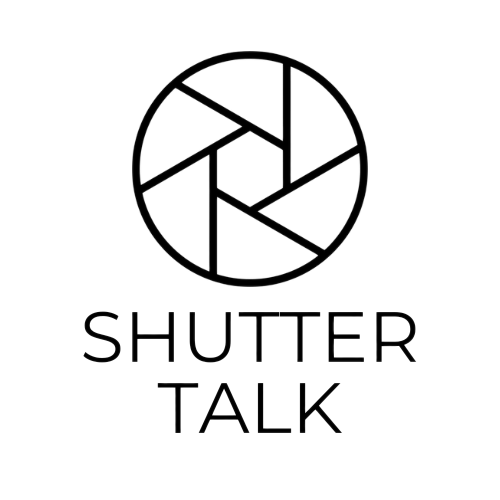Food photography is a challenging art, especially in public. Appealing food photos can grab attention, whether on social media or on restaurant menus. More than just a picture, food photography tells a story, enhances the appeal of a dish, and encourages people to try or order.
Food Photography Tips:
Location, Time, and Equipment Preparation – Best Location and Time: Know the shooting area to take advantage of natural light sources and interesting backgrounds. Choose a good time of day, such as early morning or late afternoon, when natural light is softer and the atmosphere is less crowded.
Equipment:
- Camera and Lens: Use a DSLR or mirrorless with a macro or 50mm lens for beautiful, detailed food photos.
- Additional Accessories: A small tripod is useful for stability in low-light conditions, and a camera bag will help you feel more comfortable carrying your equipment.
Basic Food Photography Techniques

Natural lighting:
Use indirect lighting for vibrant colors and soft shadows. Position light sources from the side or behind to add dimension.
Shooting Angles:
• Overhead: Great for dishes with lots of elements.
• Eye Height: Ideal for stacked foods.
• Three-Quarters: Emphasizes depth and texture.
Style and Composition:
• Props: Add utensils or fabrics for context.
• Background: Choose neutral colors to focus on the food.
• Rule of Thirds & Negative Space: For a balanced, clean composition.
Details and Editing:
• Focus on the main ingredient and close-ups for texture.
• Adjust color and contrast for natural results.
Avoid Mistakes:
Pay attention to small details and avoid over-editing to keep things looking appealing and professional.
